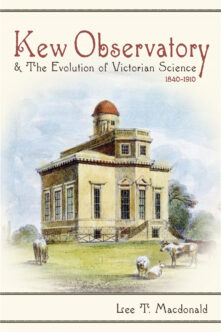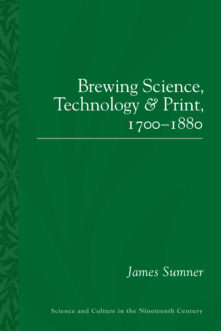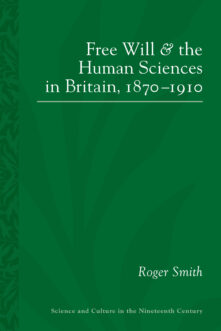Science and Culture in the Nineteenth Century
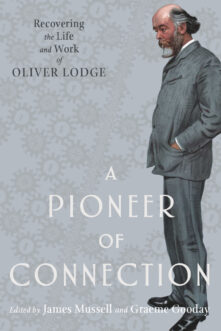

A Pioneer of Connection
Recovering the Life and Work of Oliver Lodge
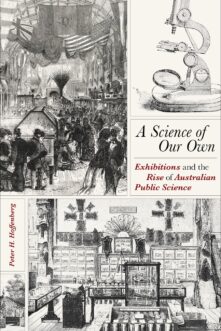

A Science of Our Own
Exhibitions and the Rise of Australian Public Science
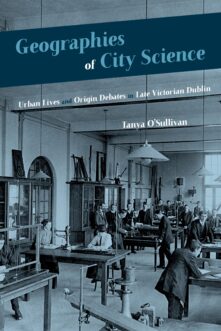

Geographies of City Science
Urban Lives and Origin Debates in Late Victorian Dublin
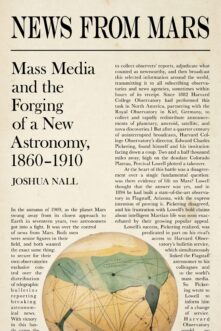

News from Mars
Mass Media and the Forging of a New Astronomy, 1860-1910
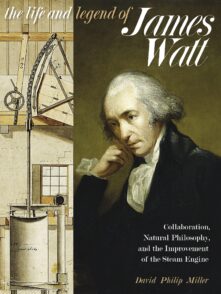

The Life and Legend of James Watt
Collaboration, Natural Philosophy, and the Improvement of the Steam Engine
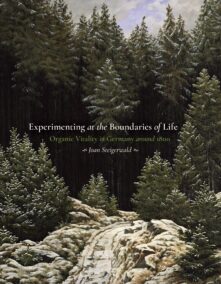

Experimenting at the Boundaries of Life
Organic Vitality in Germany around 1800
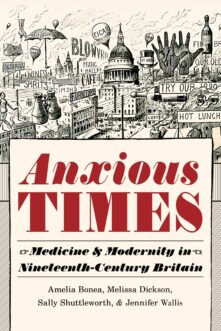

Anxious Times
Medicine and Modernity in Nineteenth-Century Britain
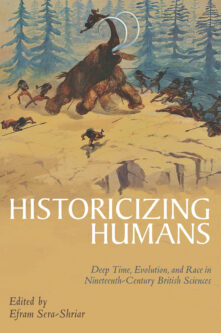

Historicizing Humans
Deep Time, Evolution, and Race in Nineteenth-Century British Sciences
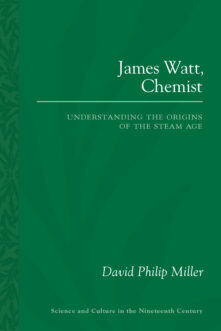

James Watt, Chemist
Understanding the Origins of the Steam Age
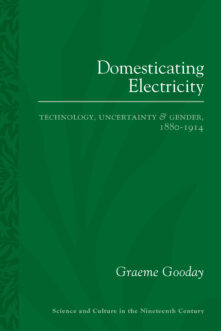

Domesticating Electricity
Technology, Uncertainty and Gender, 1880–1914
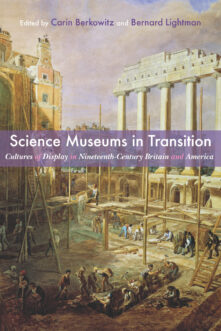

Science Museums in Transition
Cultures of Display in Nineteenth-Century Britain and America
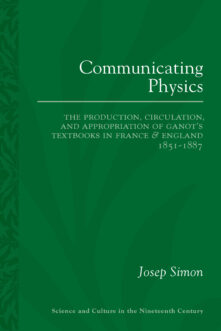

Communicating Physics
The Production, Circulation, and Appropriation of Ganot's Textbooks in France and England, 1851–1887
Total 46 results found.


